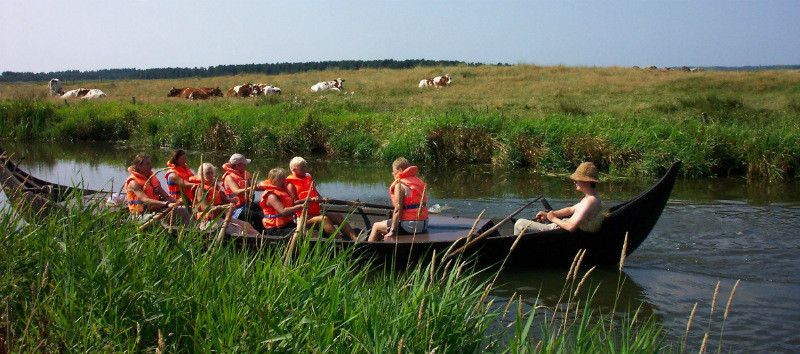Room for leisure and family life
The Danes like to work and value being punctual. We take pride in doing our job well, and the working culture in most Danish companies is also based on co-operation and personal responsibility. In many companies the employees are encouraged to contribute with ideas and suggestions for improvements in the working processes, and in many companies it is quite normal to address the manager by his or her first name and approach him or her with suggestions. Even though the atmosphere is casual the companies are, however, very professional, and it is always the boss who makes the vital decisions.
Denmark is renowned for having good, orderly and flexible working conditions leaving room for leisure and family life. This is ascribed to “the Danish model” which is a special collective agreement envied by many countries.
"The Danish model"
The main headlines of the model are collective agreements and a high degree of organization. It is first and foremost the employers (employers’ organizations) and the wage earners (trade unions) who themselves in co-operation ensures the regulation of wages and conditions of work. In the collective agreements wages and conditions of work in the individual industries are determined, and there is a reciprocal responsibility to comply with the agreements. At the same time various basic rules have been agreed upon which the parties must comply with in the case of disputes. It works because there is a high degree of organization on the Danish labour market.
Part of ”the Danish Model” is also tripartite negotiations. This means that the state collaborates with the parties on the labour market about any legislation that might be related to conditions on the labour market.
The Danish labour market model is also praised for its ”flexicurity”, which consists of this special mix of flexibility on the labour market combined with social security. This provides the employers with more flexible options when it comes to adapting the number of employees for the tasks, including short-notice layoffs. In return the employees are ensured an income in the case of unemployment, or - if possible - in the case of employment in another job in the same company.

Outing in the summer in Ringkøbing-Skjern Kommune - Foto: hvidesande.dk
Socializing at the place of work
In most work places there are fixed agreements about lunch breaks and coffee breaks where you get the opportunity to have a little chat with your colleagues. In many places you bring your own packed lunch, while in major companies there may be canteens where food can be bought. If you are a smoker you must take into account that smoking is only allowed outside, or that there is a total ban on smoking during working hours.
Most companies arrange various social events, like for instance a Christmas Lunch, perhaps an outing in the summer, Friday cake etc., where the employees can have a nice time together. Everybody is invited and almost everybody participates in these arrangements which facilitate the sense of community in the company.